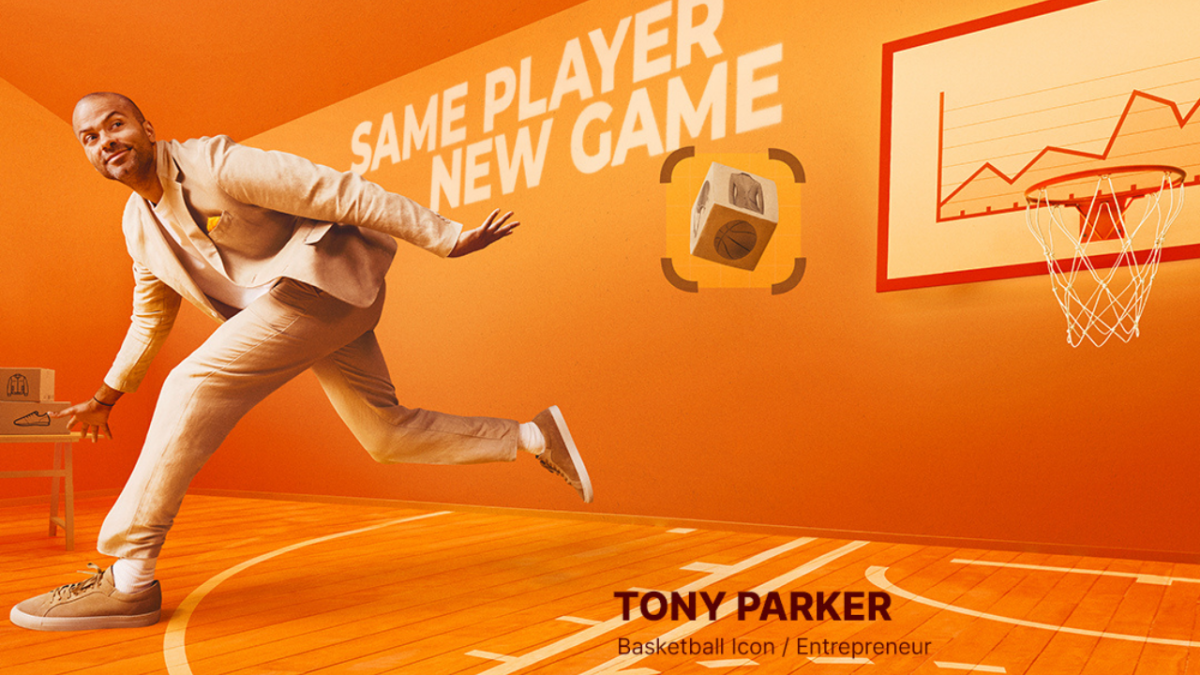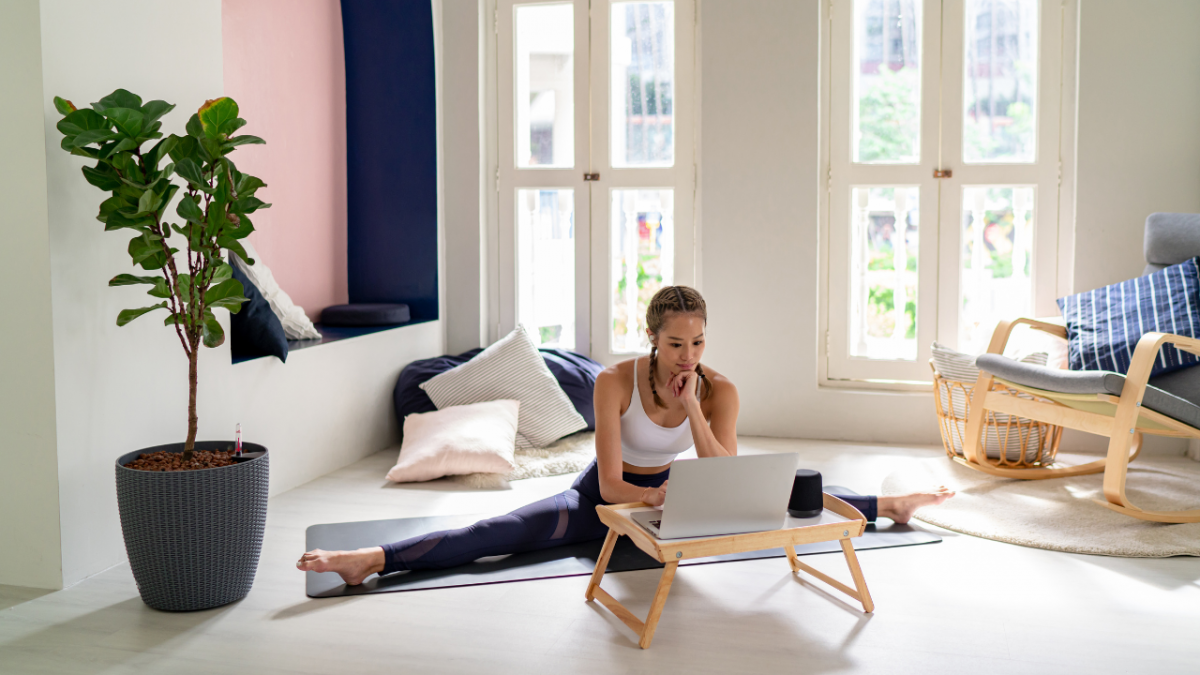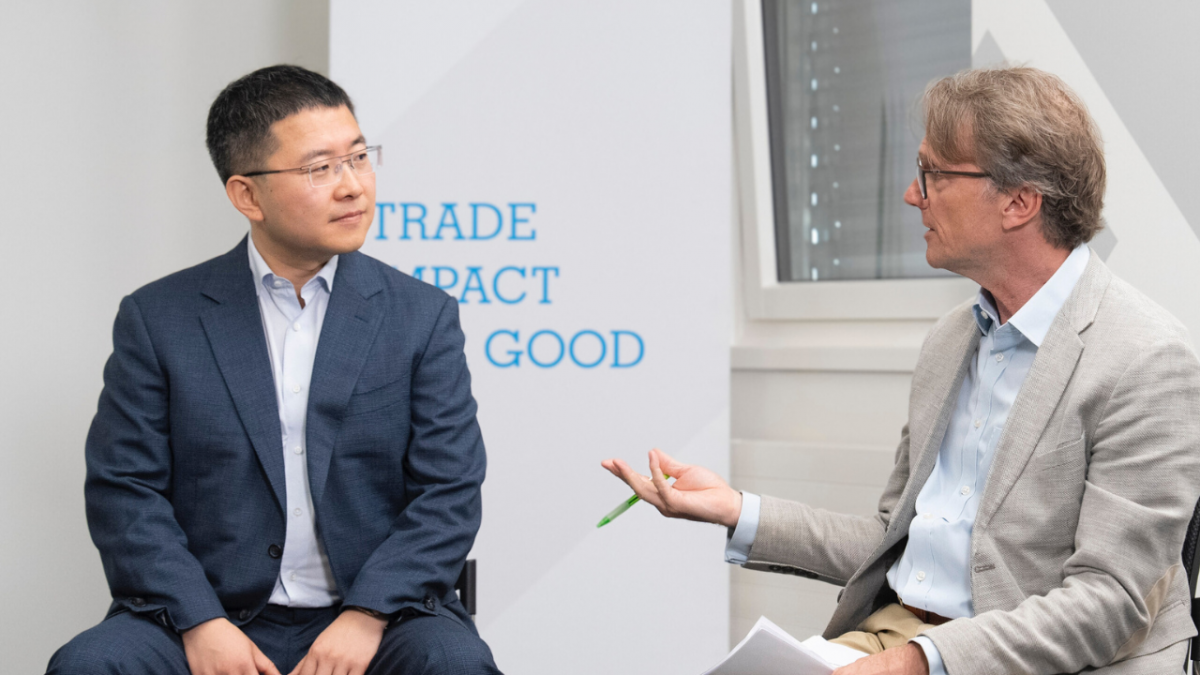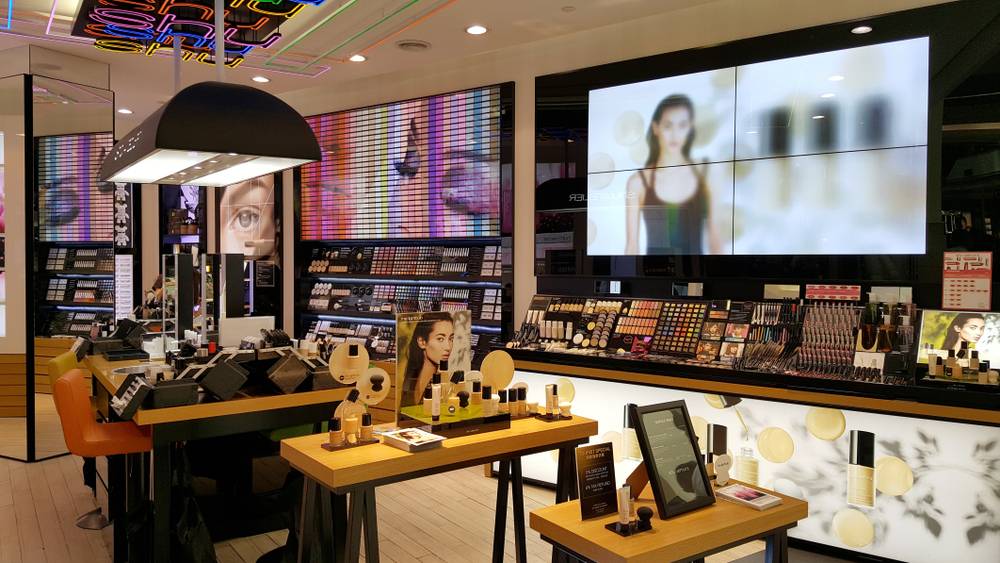


Photo credit: Shutterstock
Jessie Chen, from Shanghai, carefully prepared a list of her skincare needs ahead of China’s 6.18 shopping festival to make the most of widespread discounts.
Chen placed several premium beauty products in her digital shopping basket on Alibaba Group’s marketplace Tmall in the pre-sales run up to 6.18, and pounced as soon as she could close the deal.
“I paid up the amount due on the night of May 31 for La Mer’s essence lotion and Clé de Peau’s brightening primer, two items that I joined the pre-sales for,” said city girl Chen, who is 30 years old.
Initial sales figures from the 6.18 shopping festival, one of the major events in the global retail calendar, pointed to a recovery for China’s $49 billion beauty industry after its pandemic-induced slump. China is the largest market globally for skin care and the second largest for color cosmetics and contributes a growing slice of revenues for the world’s biggest brands.
On Alibaba’s marketplaces, the global leader in cosmetics, L’Oréal, racked up sales of over RMB100 million ($14 million) within the first hour of 6.18, as did China’s Proya Cosmetics, France’s Lancôme, and America’s Estée Lauder.
The early sales figures also underscored the rise of Chinese beauty brands, such as collagen skincare brand Collgene and Comfy and anti-aging specialist Uniskin. Another standout trend was the upswing in beauty device sales, including Seayeo’s LED facial beauty device.
6.18 is China’s second-largest retail event after Single’s Day in November, and market analysts are on the lookout for evidence that Chinese consumers are willing to spend again.
Cautious Shoppers
China’s beauty and personal care industry dropped in value last year as China sought to limit the spread of the pandemic with lockdowns that stymied shopping trips to malls and caused log-jams in supply chains.
Now there are signs that e-commerce is recovering. In March, online physical goods GMV growth on Taobao and Tmall, excluding unpaid orders, turned positive.
Chen told Alizila that she’s been more cautious about spending since the pandemic started and had cut back on buying clothes from the latest season. She has also been avoiding eating out at bistros in Shanghai in favor of cooking for herself at home.
Ahead of 6.18 she checked her bathroom cabinet to see if she was running low on any products and trawled the internet for discounts.
In a competitive e-commerce industry, Alibaba’s digital marketplaces Taobao and Tmall are stepping up the discounts for users to shore up their position as market leaders.
Chen said she sat down and calculated how to ensure she got the most out of the “RMB50 off for every RMB300 spent” on Tmall.
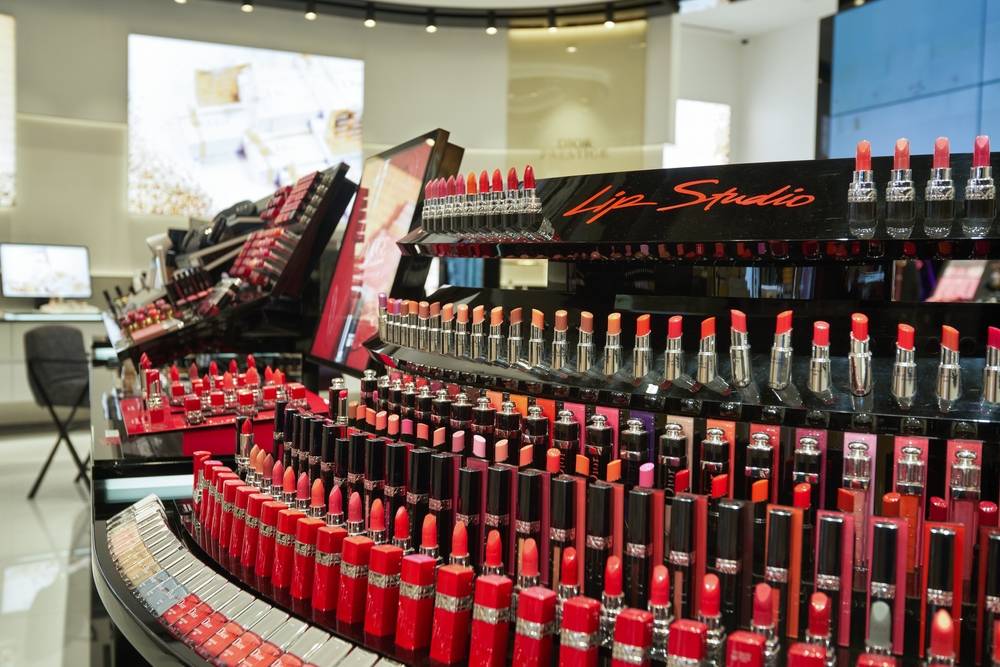


Sales! Sales! Sales!
Chinese shoppers started paying en mass for the items they had reserved in their shopping baskets earlier this week.
Between 8 pm and midnight on May 31, the beauty line by French luxury fashion house Chanel staged a comeback, with sales of skincare, makeup and fragrances leaping over 70% from the same timeframe during last year’s 6.18. Meanwhile, within the LVMH stable of brands, Dior’s sales of beauty products jumped by more than 50% year-over-year.
A recovery online also augers well for the market as a whole. According to market researcher Euromonitor International, the e-commerce penetration rate of beauty and personal care products in China was 43% last year.
Within one hour, vegan and cruelty-free beauty brand Hourglass surpassed last year’s sales on the first day of 6.18. Beiersdorf brand La Prairie’s sales topped RMB1 million in the first ten minutes.
France’s Givenchy swept past last year’s first-day sales within 70 minutes of the 6.18 checkout window opening, and perfumery Diptyque smashed its previous year’s sales record on the first day of 6.18, within the first 90 minutes of the checkout window opening.
Home-Grown Brands
Domestic beauty products continued to perform well. China’s Proya and specialist sensitive skincare brand Winona, posted more than RMB100 million in sales shortly after the 6.18 checkout window opened.
Collgene and Comfy’s sales exceeded RMB100 million within 28 minutes, and Uniskin’s sales exceeded RMB100 million within 4 hours of the checkout window opening.
Chinese local brands were on the rise last year. During the pandemic, they took advantage of their proximity to consumers. They were also seen as more affordable and deployed more comprehensive marketing channels, said Euromonitor analysts. Local brands have already made a strong showing even in the premium segment, with MGPIN, founded by Chinese makeup artist Mao Geping, Winona becoming amongst the leading players in the segment, Euromonitor said.
Beauty Devices
Beauty device sales nearly doubled within the first hour of the checkout window. Seayeo, which launched on Taobao as recently as 2019, saw its LED facial beauty light sell out in 20 seconds, with a turnover of over RMB100 million.
Jmoon, a beauty device brand, became the best-selling brand on Tmall just one year after its flagship store opened.
In addition, high-tech skincare products targeting firming and wrinkles saw sales leap by over half within four hours, and nourishing skin care products, including essential oils, more than doubled year-over-year.
Other notable trends included a surge in sales of new products to the market. Chinese consumers have long been known for their willingness to experiment and relative disloyalty to classics.
Among the 2,500 best-selling products in the four hours, new products accounted for 30%. Among them, the number of new products with sales exceeding RMB10 million increased by 35% year-on-year. New products such as Estee Lauder’s Micro Essence Lotion Infused with Sakura Ferment, YSL Clarinet Lip Glaze 610, and 943 Lightweight Sunscreen, sold more than 10,000 pieces in the first hour.
Beauty brands deployed various shopping formats during 6.18, including livestreams, yoga classes and face-painting tutorials.
Ipsa, a Shiseido brand, asked Chinese pop star Zhou Shen to perform on its Taobao Live slot. IPSA’s lotion package sold out within three minutes after the livestream started.
Find out more about 6.18 here



